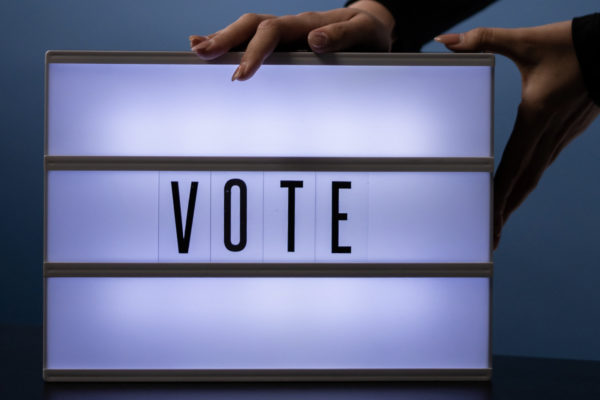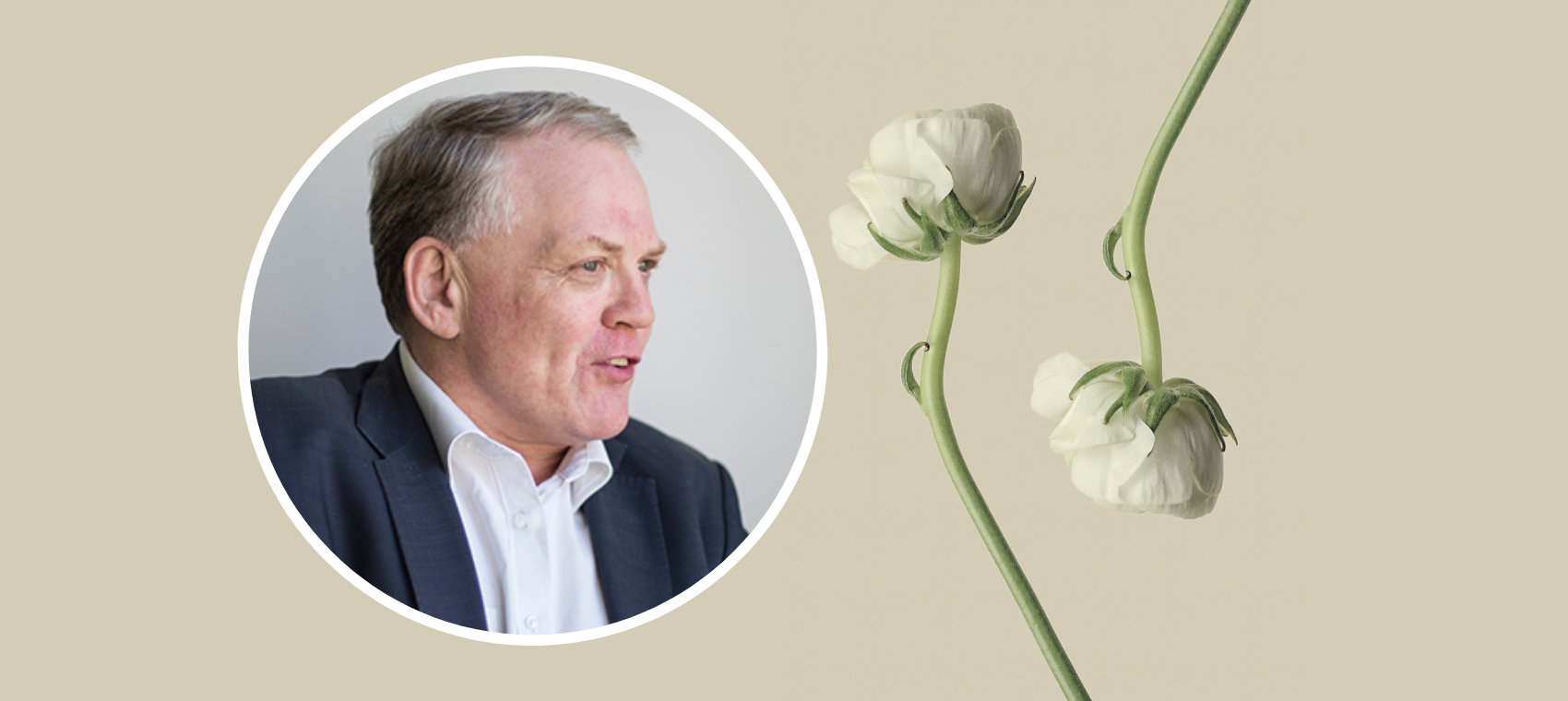Google, Facebook, Twitter & TikTok commit to tackling fake news ahead of South African elections
The South African Electoral Commission and Media Monitoring Africa (MMA) organisation have released a joint statement with Google, Facebook, Twitter and TikTok declaring their intention to work together in tackling fake news. The move comes ahead of the South African municipal elections, taking place on 1st November, which the country fears could be influenced by the spread of disinformation online.
Commission Vice-Chairperson Janet Love said the framework was important because disinformation poses a threat to the exercise of various rights and to the access of constitutional protections including freedom of expression, access to credible information and the freedom to make informed political choices.
“The dissemination of disinformation has huge potential to undermine the fairness and credibility of elections,” said Love. “It also threatens democratic political and policy-making processes. Credible information is the lifeblood of all democracies. Trustworthy information is crucial in the process that enables citizens to choose their leaders. There has already been commitment to and contributions from the platforms to providing training to enable the identification of disinformation and to maximise the positive communication opportunities that digital platforms potentially provide.”
Disinformation is defined as false, inaccurate or misleading information designed to intentionally cause harm. Within an election context this includes false information intended to unduly affect participation in, and the outcome, of elections.
The Commission and MMA will use Real411, a system developed by the MMA, as a key component of their respective and combined efforts, as well as additional software called PADRE, to identify and eliminate misinformation and disinformation contained in advertisements published in all media.
Company Statements
Charles Murito the Director for Government Affairs and Public Policy of Sub-Saharan Africa at Google said:
“Google’s mission is to organise the world’s information and make it universally accessible and useful. Disinformation runs counter to that mission and, therefore, to our core business interest. That is why we invest heavily to counter efforts seeking to deceive, harm, or take advantage of users, and curb the spread of low quality information on our services”.
Nomonde Gongxeka-Seopa, Head of Public Policy, Southern Africa at Facebook said:
“Elections continue to be a priority for us at Facebook, over the years we’ve dedicated unprecedented resources with protecting election integrity at heart, including our ongoing work in reducing misinformation, supporting civic engagement and increasing transparency in political advertising. We’re looking forward to receiving the final framework from the IEC.”
Emmanuel Lubanzadio, the Head of Public Policy, Sub-Saharan Africa at Twitter said:
“Twitter’s number one priority is the health of the public conversation and we are deeply committed to protecting and supporting election conversations around the world. We recognise the role Twitter plays in political discourse and will continue to ensure that those using the service are doing so in a safe and secure manner. Since 2019, we have banned political ads as we believe political reach should be earned, not bought.”
Fortune Mgwili-Sibanda, Public Policy and Government Relations at TikTok said:
“At TikTok, we do not permit misinformation that causes harm to individuals, our community, or the larger public regardless of intent. This applies across all content on our platform, irrespective of whether user-generated or paid ads. In fact, we have taken the additional step to prohibit paid political ads as we don’t believe this is part of the experience users come to TikTok for – as the last sunny corner of the internet.”
“We are supportive of the IEC and MMA’s efforts to combat the spread of non-legitimate information on online platforms in the lead up to the municipal elections. We continue to encourage our community to stay up-to-date with our community guidelines and safety centre resources, aimed at making the TikTok experience an enjoyable, creative and safe experience. We have also created a special hub on our platform’s Discovery page, where South African users are able to find all the information they need ahead of the elections.”
You can read the statement in full on Gov.za here.









